Halloween History in the UK: A Spooktacular Journey Through Time
Related Articles: Halloween History in the UK: A Spooktacular Journey Through Time
- Halloween Ends: Release Date, Cast, Plot, And Everything We Know So Far
- Halloween Fabric By The Yard 2024: Spooktacular Textiles For A Hauntingly Festive Season
- Halloween Gnome Landscape: A Google Images 2024 Exploration
- Disney Halloween Mugs: A Spooktacular Collector’s Guide
- Google Halloween Game 2024: A Spooktacular Adventure With Hidden Surprises
Introduction
With great pleasure, we will explore the intriguing topic related to Halloween History in the UK: A Spooktacular Journey Through Time. Let’s weave interesting information and offer fresh perspectives to the readers.
Table of Content
Video about Halloween History in the UK: A Spooktacular Journey Through Time
Halloween History in the UK: A Spooktacular Journey Through Time
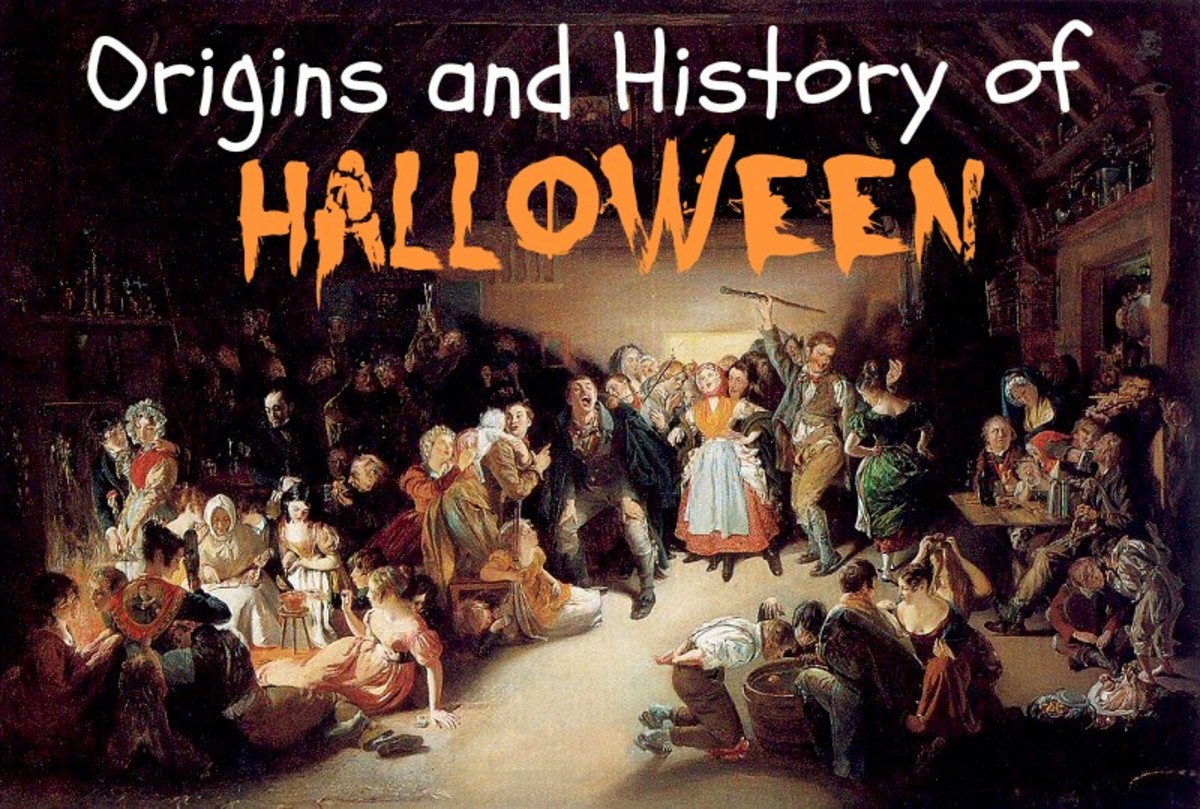
Halloween, the eerie and enchanting festival, has a rich and captivating history in the United Kingdom, dating back centuries. Its origins can be traced to ancient Celtic traditions, with a blend of pagan and Christian influences shaping its evolution over time.
Celtic Origins: Samhain, the Festival of the Dead
The roots of Halloween lie in the ancient Celtic festival of Samhain, celebrated on November 1st. The Celts, who inhabited the British Isles and parts of Europe, believed that on this night, the boundary between the worlds of the living and the dead became blurred. They celebrated Samhain with bonfires, feasts, and rituals to ward off evil spirits and honor the dead.
Roman Influence: Pomona and Bobbing for Apples
During the Roman occupation of Britain, Samhain was influenced by the Roman festival of Pomona, the goddess of fruit and trees. This led to the incorporation of apple-related customs into Halloween traditions, such as bobbing for apples and carving pumpkins.
Christianization: All Saints’ Day and All Souls’ Day
With the arrival of Christianity in the British Isles, Samhain gradually evolved into All Saints’ Day (November 1st) and All Souls’ Day (November 2nd). These Christian festivals honored the saints and prayed for the souls of the departed. The influence of these holidays further shaped Halloween customs, such as wearing costumes to represent saints or souls.
Medieval Traditions: Trick-or-Treating and Guising
During the Middle Ages, Halloween became associated with trick-or-treating and guising. Guising involved dressing up in costumes and performing songs or plays in exchange for food or money. This tradition likely originated from the belief that spirits could be placated by offering them treats.
Victorian Era: Gothic Revival and Horror Literature
The Victorian era witnessed a resurgence of interest in the supernatural and the occult. Gothic novels and horror literature, such as the works of Edgar Allan Poe, influenced the popular perception of Halloween as a time of mystery and fright.
20th Century: Commercialization and Globalization
In the 20th century, Halloween became increasingly commercialized, with the rise of mass-produced costumes, decorations, and candy. The influence of American Halloween traditions, such as trick-or-treating and pumpkin carving, spread to the UK.
Halloween in the UK Today
Today, Halloween is a widely celebrated festival in the UK. It is a time for dressing up in costumes, attending parties, carving pumpkins, and enjoying spooky treats. While some traditional customs, such as guising, have waned in popularity, others, like trick-or-treating, remain beloved by children and adults alike.
Unique UK Halloween Traditions
In addition to the shared customs with other countries, the UK has its own unique Halloween traditions:
- Punkie Night: In parts of Scotland, November 5th is known as Punkie Night, when children carry carved turnips or pumpkins and go door-to-door singing for treats.
- Soul Caking: In some areas of England, children would go "soul caking" on Halloween, singing songs and asking for "soul cakes," a type of sweet bread.
- Snap-Apple: A traditional Halloween game in England involves hanging an apple from a string and trying to bite it without using your hands.
Conclusion
Halloween in the UK is a vibrant and multifaceted festival that has evolved over centuries, blending ancient Celtic traditions, Christian influences, and modern-day customs. From its origins in Samhain to its current status as a time for fun, fright, and celebration, Halloween continues to captivate and enchant people of all ages. As we approach Halloween 2024, let us embrace the spooky spirit and revel in the rich history that has shaped this beloved festival.
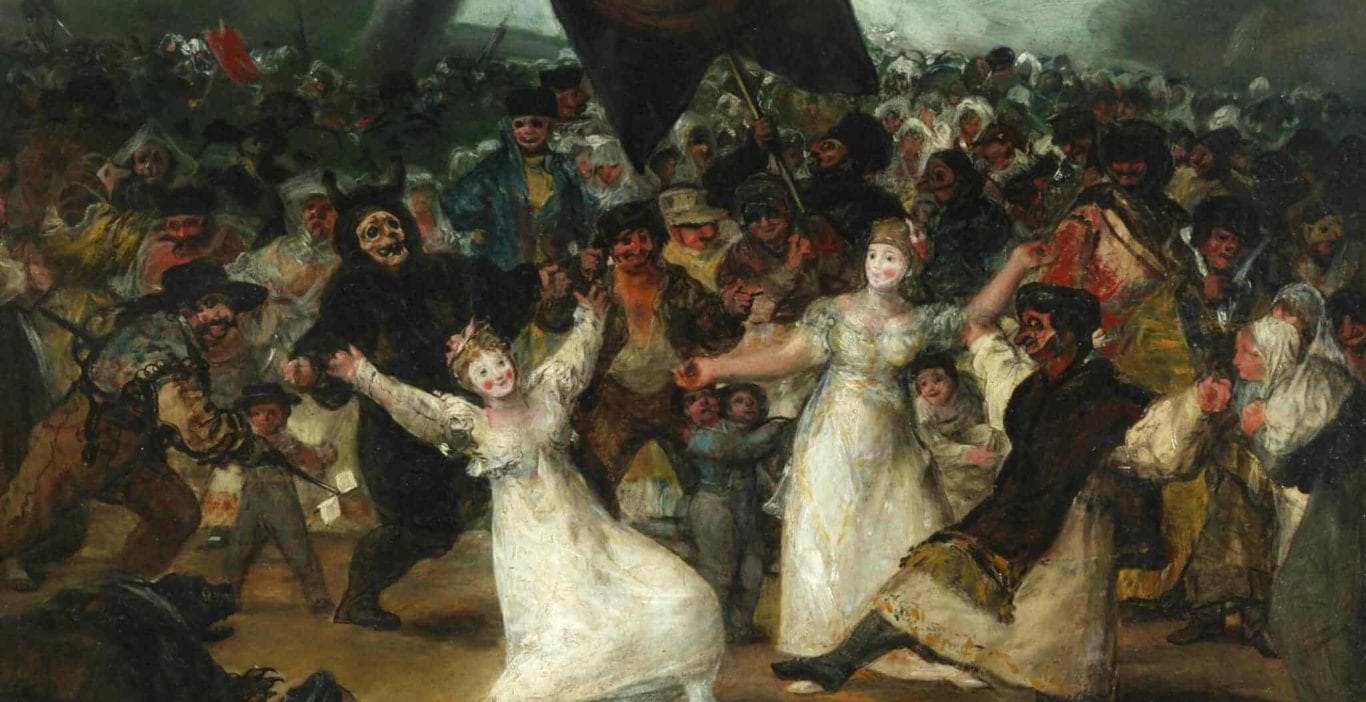
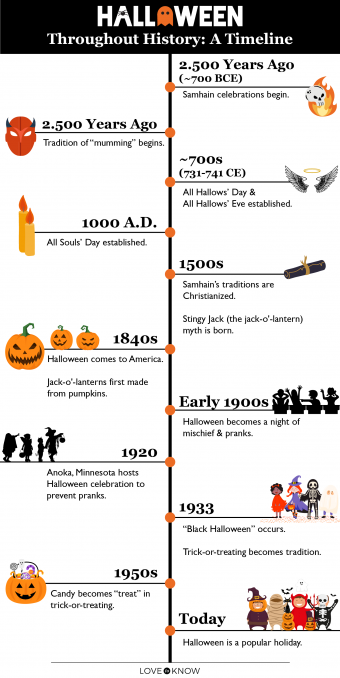
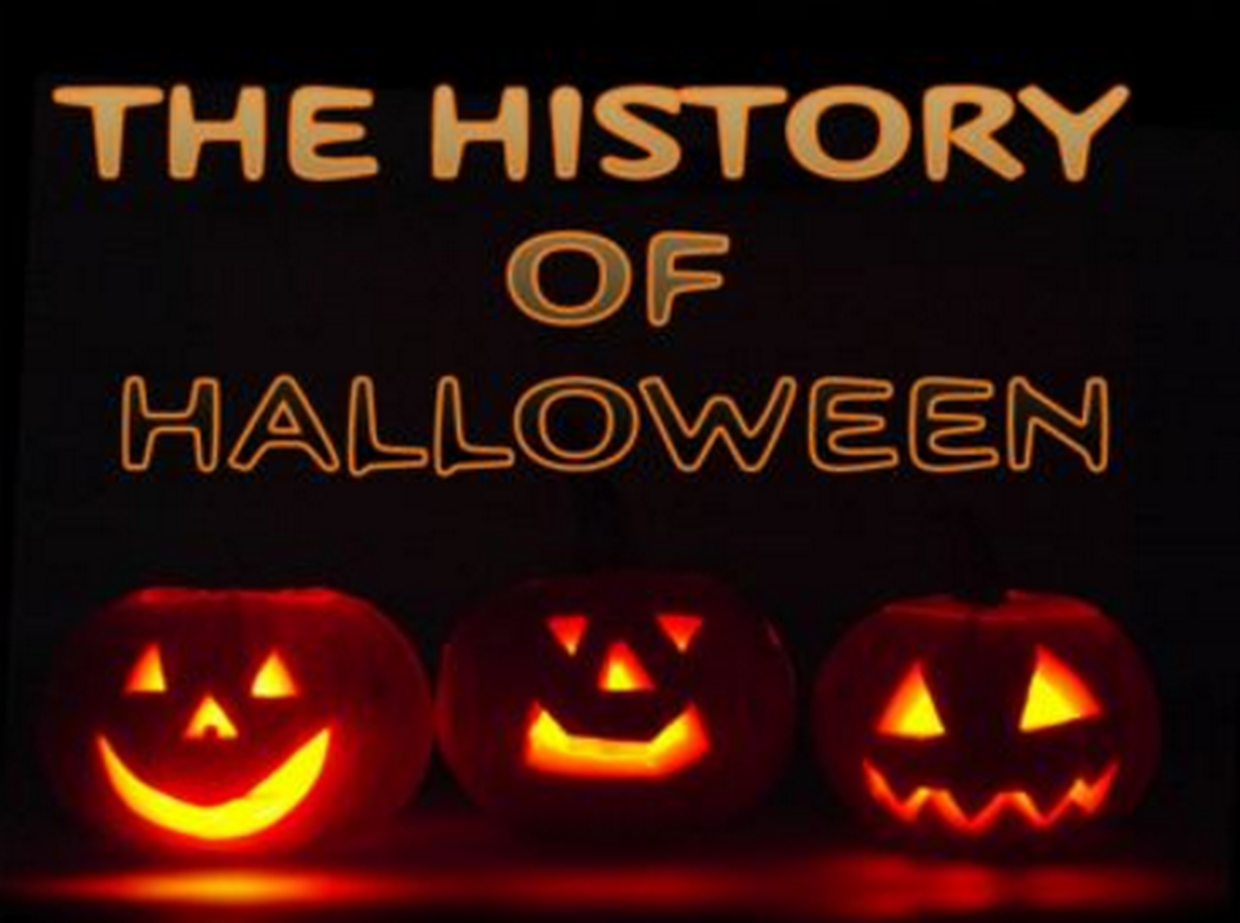


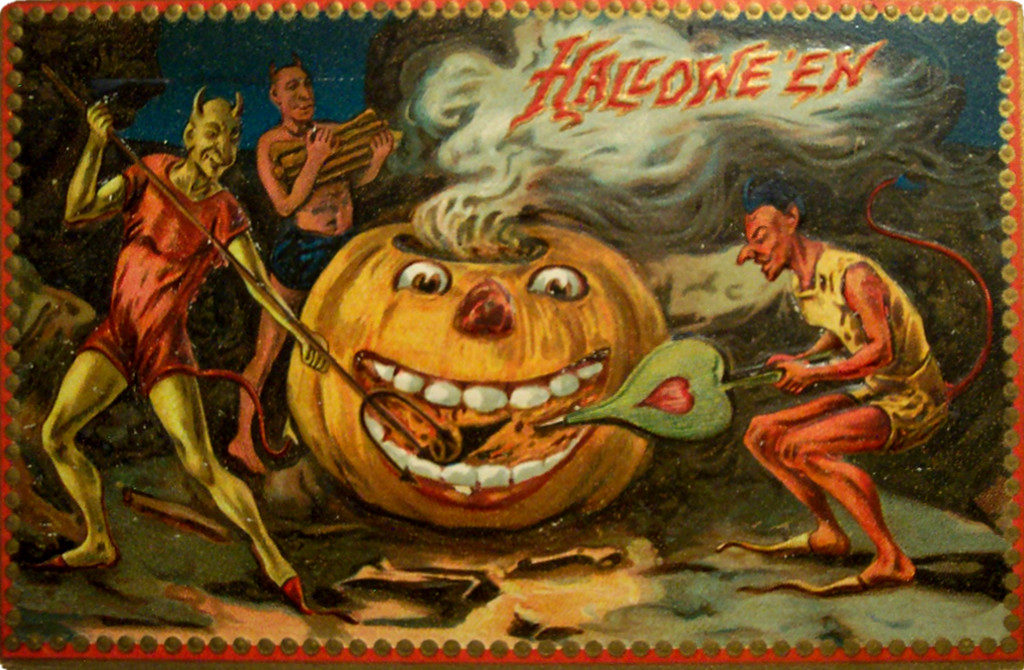
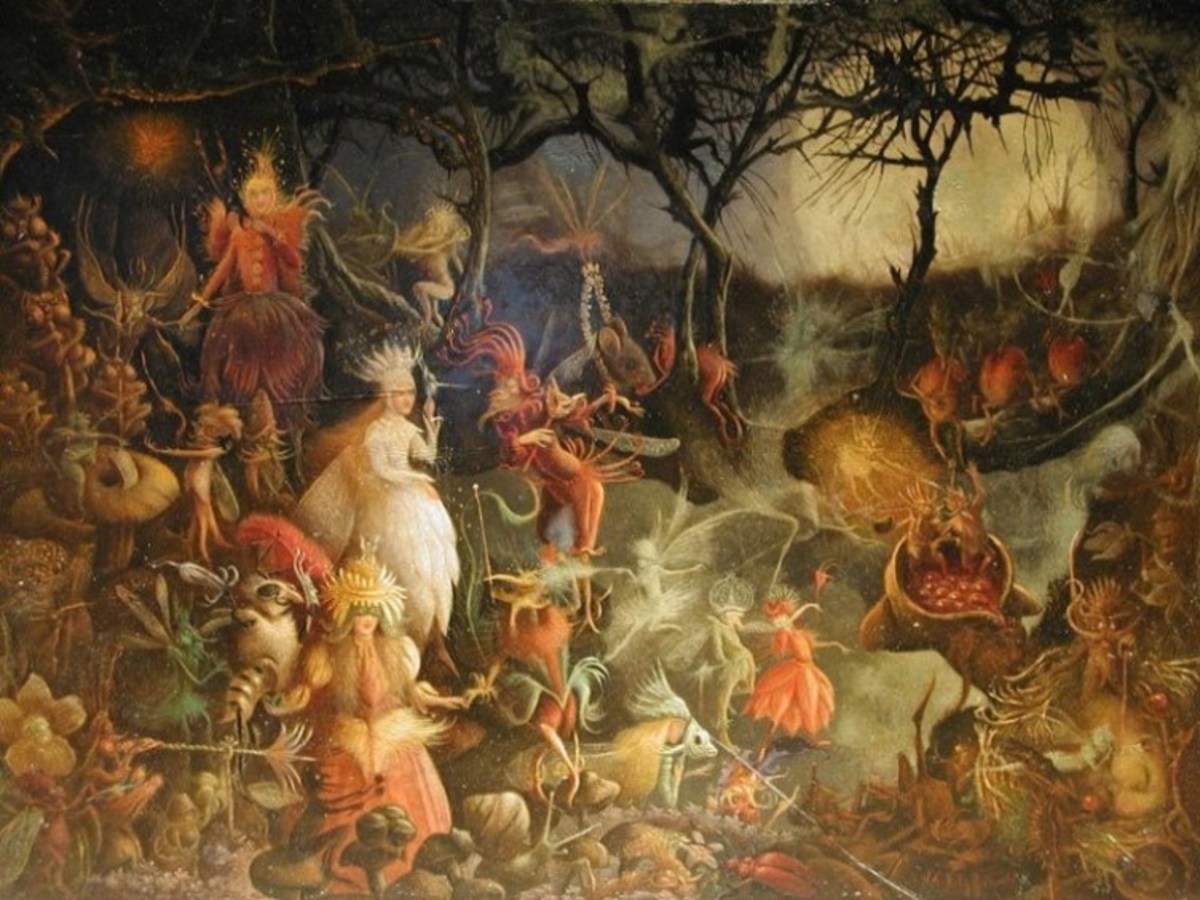
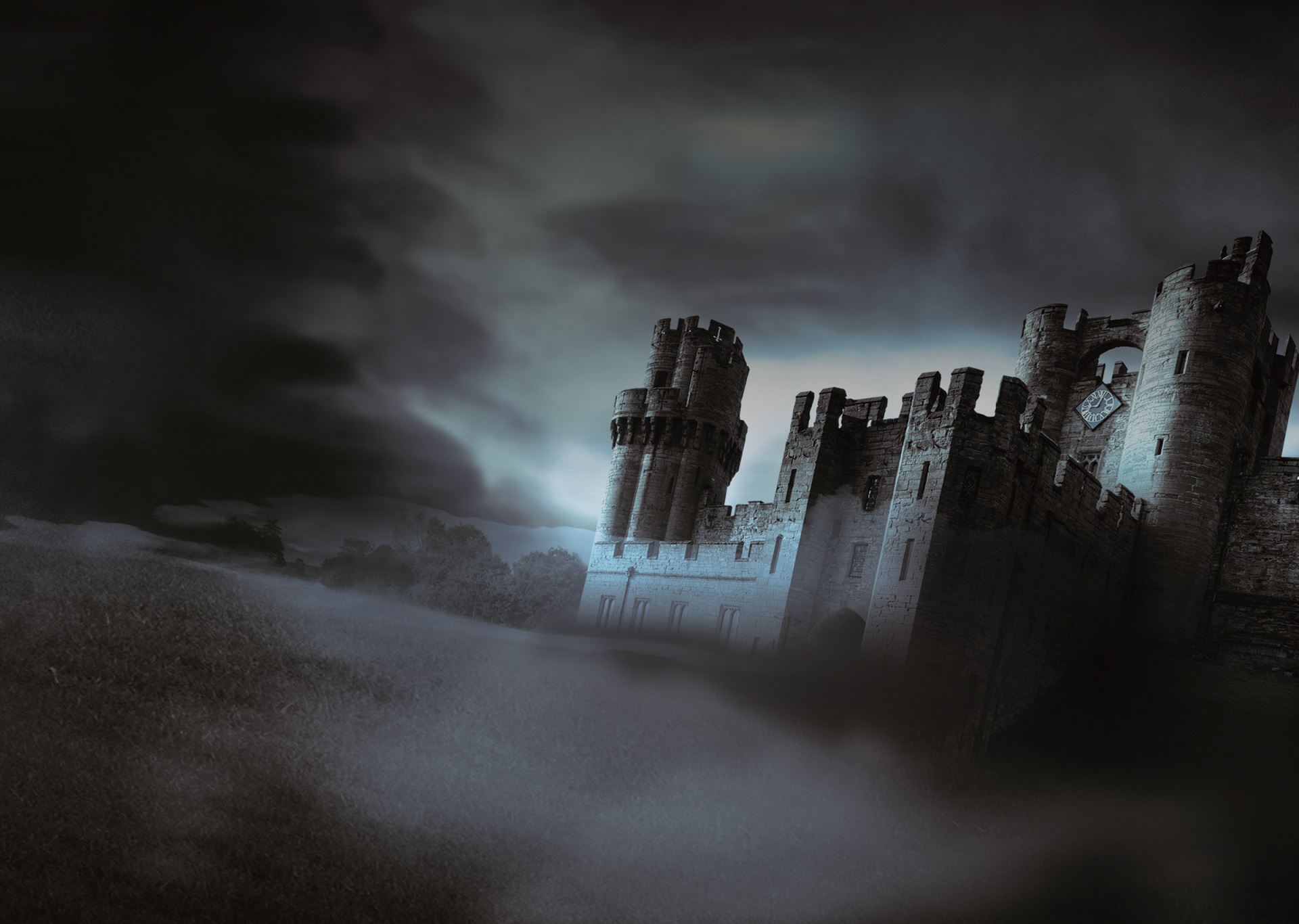
Closure
Thus, we hope this article has provided valuable insights into Halloween History in the UK: A Spooktacular Journey Through Time. We hope you find this article informative and beneficial. See you in our next article!